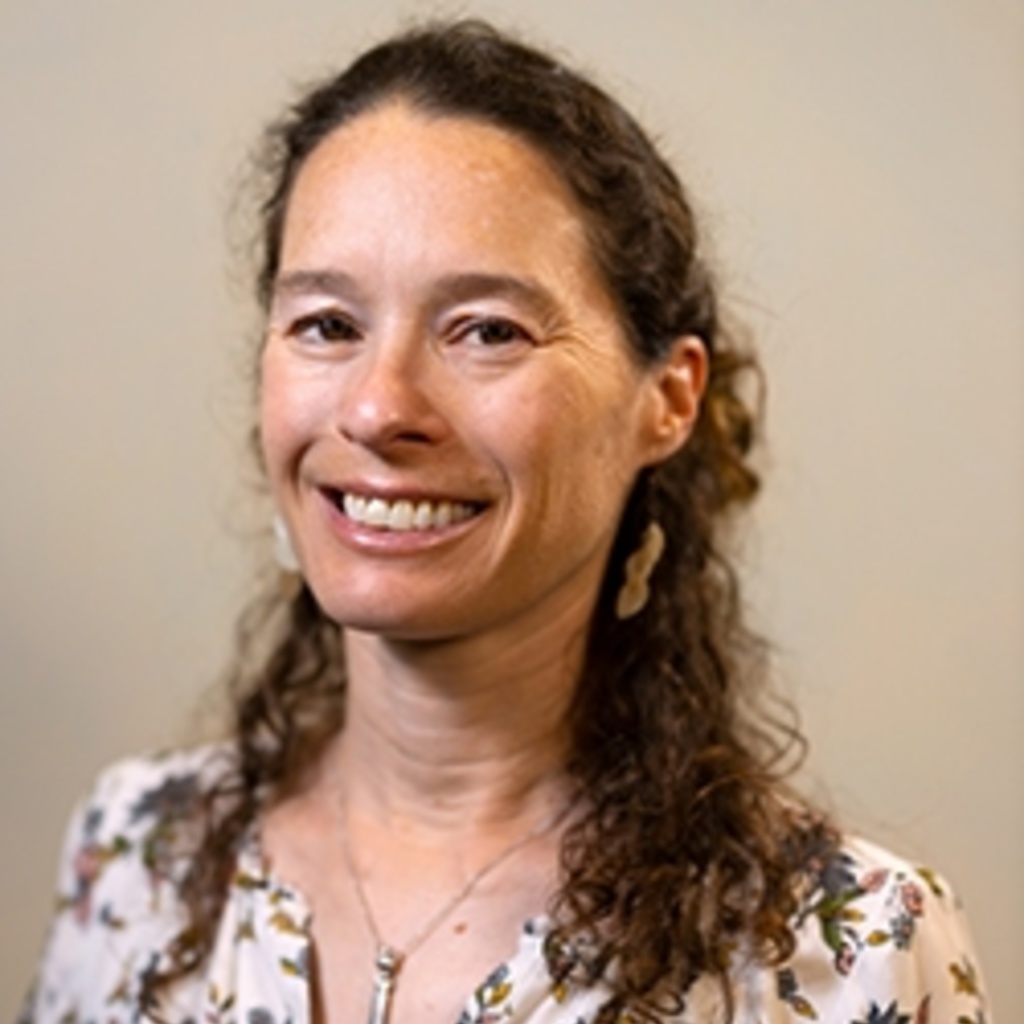Main navigation
Evolutionary biologists study the "continuity of life" on earth. They strive to explain through careful observation and experiment the history of all of biodiversity, living and extinct, interwoven with the history of the earth.
This grand endeavor will ultimately reveal the origins of life, how species are related, and how the geological and climatic history of the earth has influenced the changing patterns of biodiversity.
To fully reconstruct this historical framework will require information from many diverse fields. Reconstruction, however, will allow new insights into problems that profoundly affect our quality of life and our very existence, from the loss of biodiversity and conservation to the role that human activity plays in modifying the ongoing evolution of all species.
At the core of evolution are changes in the genetic material that occur over time; sometimes these changes are lost but when the change gives rise to a trait that is useful to the organism it is passed to the next generations. Through many small steps, each favored by the small utility it brings to the organism, large changes accrue that ultimately give rise to new and dramatic features - the eye seems to be the "feature" most often referred to in popular readings.
On an every day basis we see "directed" evolution in action in the breeding of new plant crops and new varieties of animals. In the wild it is much more difficult to see, but not impossible as careful studies of changes in animal and plant populations in restricted environments, such as the Galapagos Islands, have shown.
Our group of evolutionary biologists work at several levels. Some are studying the differences in DNA sequence between organisms that help us to understand the origin and relatedness of different species. Others are unraveling the molecular basis and history of differences in organization and architecture of DNA in chromosomes between closely related species. And finally, still others are investigating how different organisms have evolved the unique traits that give rise to interdependencies such as parasitism and mutualism.
Evolution faculty

Josep Comeron

Albert Erives

Jan Fassler

Andrew Forbes

Bin Z. HE

Ana Llopart

John Logsdon
